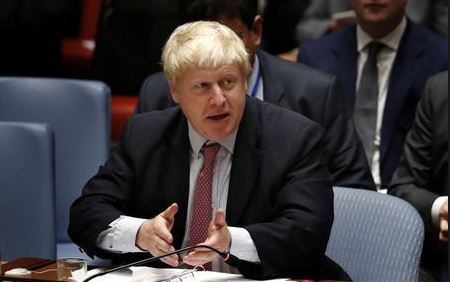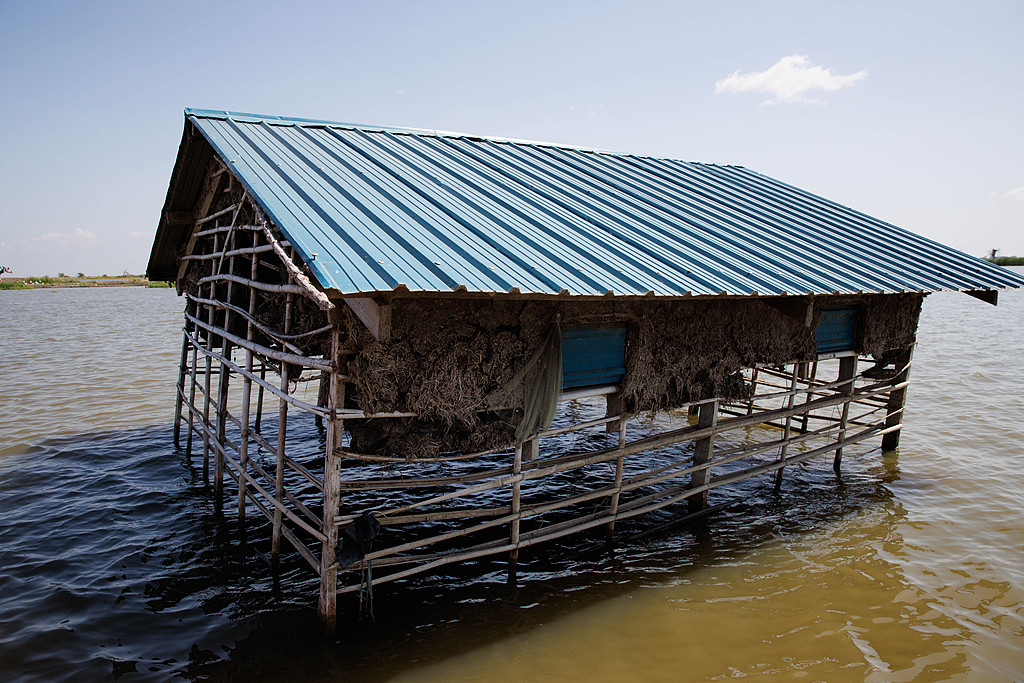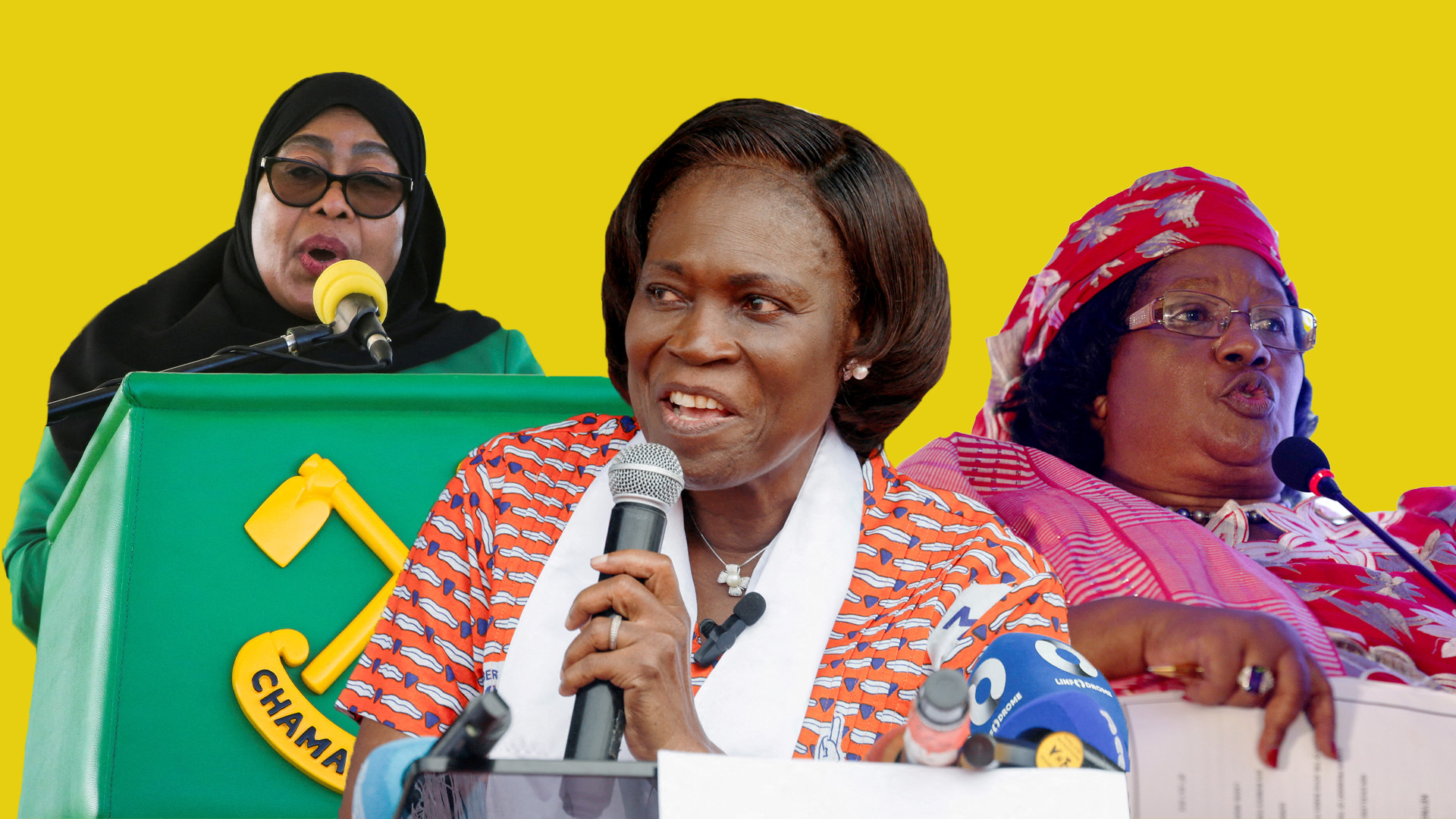
U.N. seeks solutions for Somalia, South Sudan crises

Two discussions about two emerging African states took center stage on Thursday at the United Nations headquarters in New York: one on Somalia, which the U.N. says is moving slowly but surely towards democracy, and the other, South Sudan, which the U.N. says appears to be backsliding into more violence.
In the first session on Somalia, the Security Council voted to extend the mandate of the U.N. mission there, 10 years after it began. The Secretary General’s special representative to Somalia, Michael Keating, said the country was at a moment of hope, because the recent elections have created momentum for fresh political engagement among Somalis – and he mentioned the recent announcement of the new cabinet, including six women.
But Keating said the current drought there also brings the risk of famine. And that was what Boris Johnson concentrated on in his remarks, saying the lessons of 2011’s famine must be learned in acting early. He called on all partners to support the relief effort underway, since only about a third of the funding goals have been met ahead of next month’s conference on Somalia in London. Johnson also urged the Somali government to deliver on its commitments to improve access for relief workers. The Somali president, meanwhile, addressing the council via video link, said responding to the crisis was at the top of his agenda.
Famine was also a cause for concern later in the day, when Johnson chaired a meeting on South Sudan, marking the publication of the Secretary General’s report on the situation there. Antonio Guterres himself was present, and expressed alarm about the ongoing conflict and food insecurity, saying 100-thousand people are experiencing famine and another million are on the verge of it. He called out President Salva Kiir’s government forcefully, saying it has yet to express meaningful concern, and is not trying to abide by the ceasefire agreement.
The U.S., meanwhile, emphasized that it believes the famine is not a result of the drought but because of the conflict. All of this as President Trump mulls cutting U.S. funding for U.N. peacekeeping missions. If that happens, the future of the U.N.’s presence in both Somalia and South Sudan is likely to be on the chopping block.






